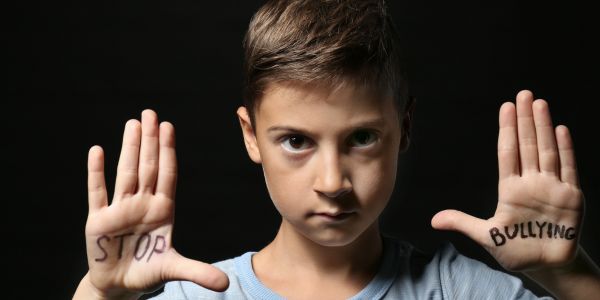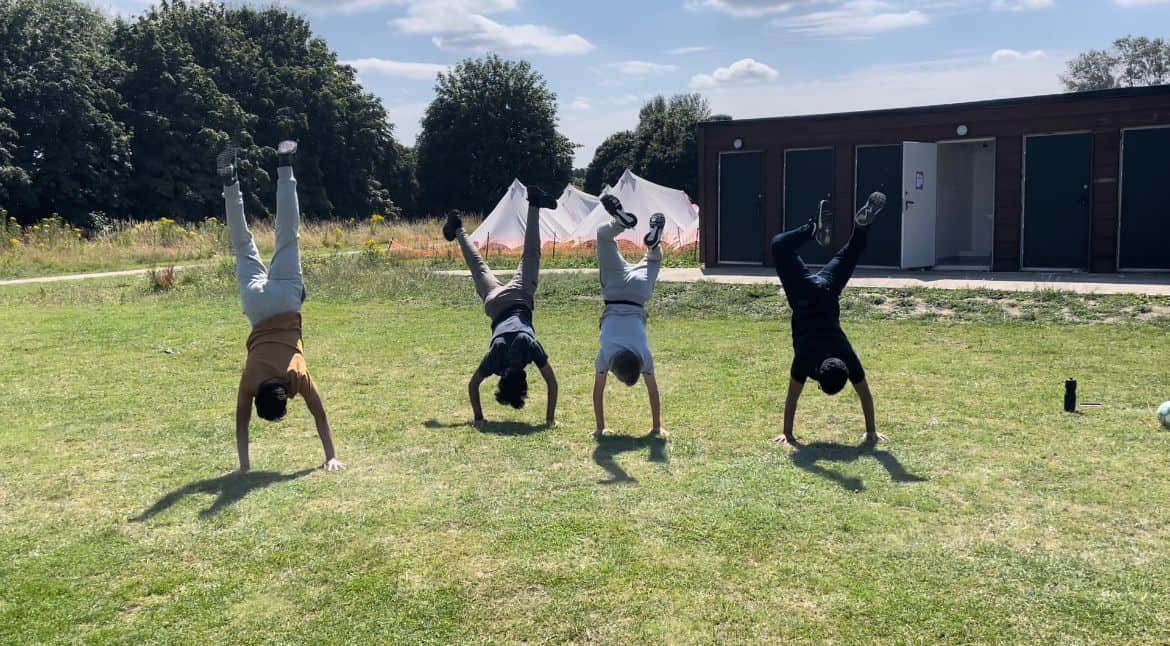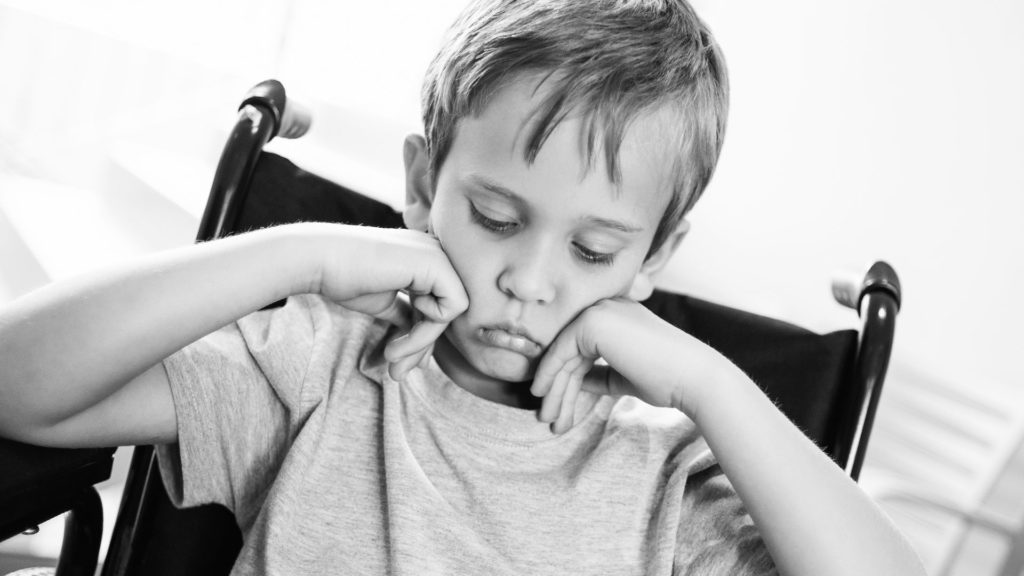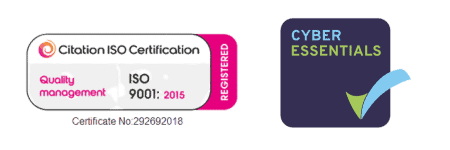Means of communication have evolved considerably. Young people can communicate and share not only face-to-face but also online and across multiple platforms of media and social media. In many cases this can be a positive experience but it can also make it easier for bullying to occur and harder for those that are being bullied to speak up.
Anti-Bullying Week
Anti-Bullying Week serves to provide information and advice against the pervasive issue of bullying. As a children’s charity, we recognise the profound impact this week can have on the lives of young individuals and the communities they belong to and the importance of encouraging a culture of kindness, empathy, and understanding within schools and in all young people’s social interactions.

Anti-Bullying Week aims to raise awareness about the harmful effects of bullying and to promote a culture of inclusivity, respect, and acceptance. The primary aim is to engage schools, parents, and communities in meaningful conversations about bullying and its various forms, from physical aggression to cyberbullying.
Anti-Bullying Week aims to;
- Provide Education and Awareness: Young people can learn about the different forms of bullying and its impact on mental health and well-being. By fostering an understanding of what constitutes bullying, children are better equipped to identify and report such behaviour to either teachers, parwnts or other adults.
- Build Empathy: Through various activities and campaigns during Anti-Bullying Week, children learn the importance of empathy and kindness. It encourages them to walk in the shoes of others, promoting a sense of understanding and compassion that can contribute to a more supportive and nurturing environment.
- Promote Safe Spaces: Creating safe spaces in schools and online is crucial in preventing and addressing bullying. Anti-Bullying Week emphasises the need for schools and communities to actively foster environments where children feel secure and supported, making it easier for them to speak up about their experiences. Here at Action4Youth, we provide a safe space, not only physically at The Junction but in our approach to how young people build relationships with team members that they work with. We aim to be the voice of and for the young people with work with.
- Encourage Open Communication: One of the most powerful tools against bullying is open communication. Anti-Bullying Week encourages young people to talk about their experiences, fears, and concerns. This dialogue not only helps victims find support but also raises awareness among peers, fostering a collective commitment to preventing and addressing bullying.
Speaking Up is Vital:
- It Can Protect Mental Health: Bullying can have severe and lasting effects on a child’s mental health. Speaking up allows victims to access the support they need, preventing long-term emotional trauma.
- It Can Help To Break The Cycle: By encouraging young people to speak up, we empower them to break the cycle of silence and passivity. Reporting incidents of bullying helps create a culture where such behaviour is not tolerated, fostering a safer and more respectful community.
- It Creates a Support Network: Speaking up about bullying allows victims to build a support network. Knowing that they are not alone and that there are people who care and weho can help can make a significant difference in a child’s resilience and recovery.
Anti-Bullying Week serves as a powerful reminder that the fight against bullying requires a collective effort and that any form of bullying is not acceptable. As a children’s charity, we recognise the importance of this annual event in shaping a world where every child feels safe, valued, and heard. By fostering empathy, understanding, and open communication, we can create communities where the voices of young people are celebrated, and bullying has no place to thrive. At Action4Youth we aim to help make ALL young lives better.
Please help us make this page more visible by sharing it through your own social networks.







